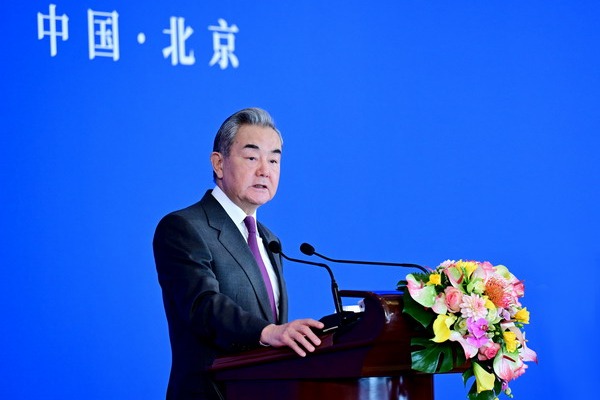Israel, UAE to normalize diplomatic ties


The Palestinians strongly rejected the deal, calling it a "betrayal" of their cause, including their claim to Jerusalem as the capital of their future state.
They also announced they were withdrawing their ambassador from the UAE, and demanded an emergency Arab League meeting.
Islamist group Hamas, which runs the coastal Gaza Strip, quickly said the agreement "does not serve the Palestinian cause".
On Friday, Iran and Turkey also lashed out at the UAE over its decision to normalize diplomatic ties with Israel, accusing it of betraying the Palestinian cause.
Iran's Foreign Ministry called the deal a "dagger that was unjustly struck by the UAE in the backs of the Palestinian people and all Muslims". Turkey said the peoples of the region "will never forget and will never forgive this hypocritical behavior" by the UAE.
A joint statement by Trump, Netanyahu and the UAE's leader, Abu Dhabi's Crown Prince Sheikh Mohamed bin Zayed Al-Nahyan, announced that they had "agreed to the full normalization of relations between Israel and the United Arab Emirates".
It added that Israel would "suspend declaring sovereignty" over occupied Palestinian West Bank areas-an idea proposed in Trump's controversial earlier plan to resolve the conflict.
Sheikh Mohamed said in a tweet that the agreement "was reached to stop further Israeli annexation of Palestinian territories".
But Netanyahu said shortly afterward in a televised address that he had only agreed to delay, not cancel, the annexations, that the plans remained "on the table" and that he would "never give up our rights to our land".
The controversial Trump plan, unveiled in January, had offered a path for Israel to annex territory and Jewish West Bank settlements, communities considered illegal under international law.
The Palestinians rejected it outright as biased and untenable, as did Israel's Arab neighbors, and it sparked fears of further escalation.

































